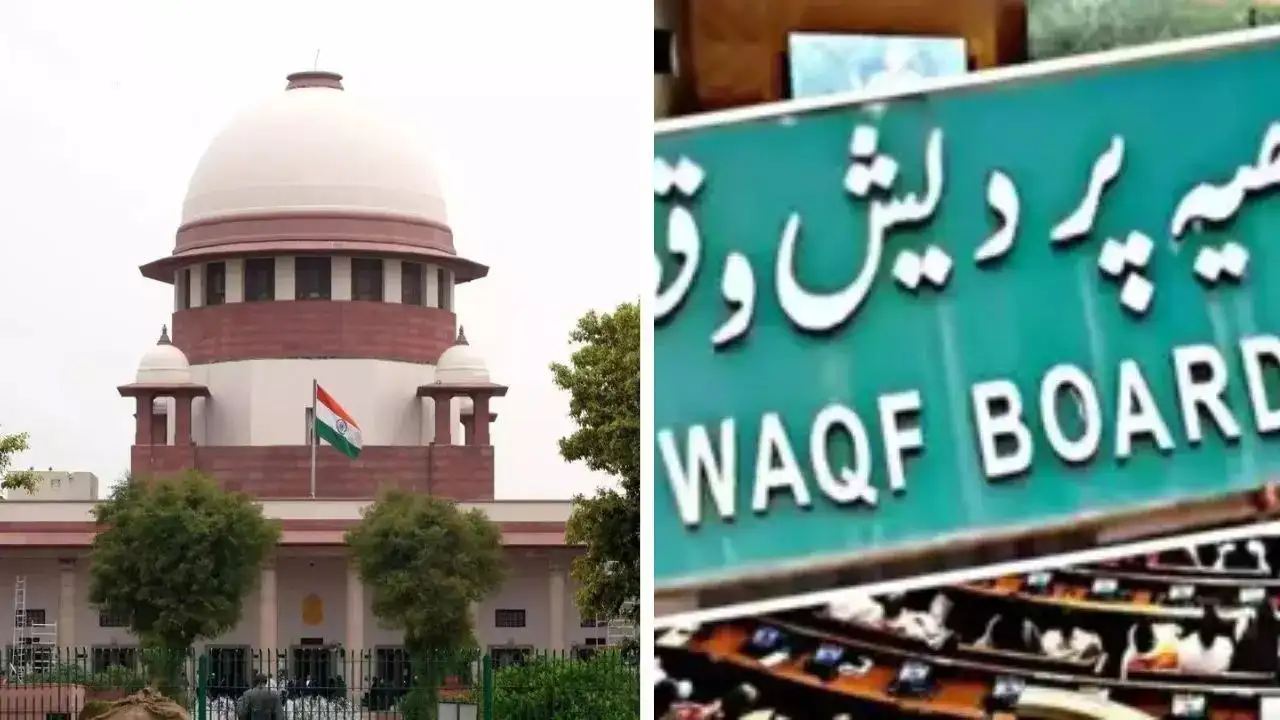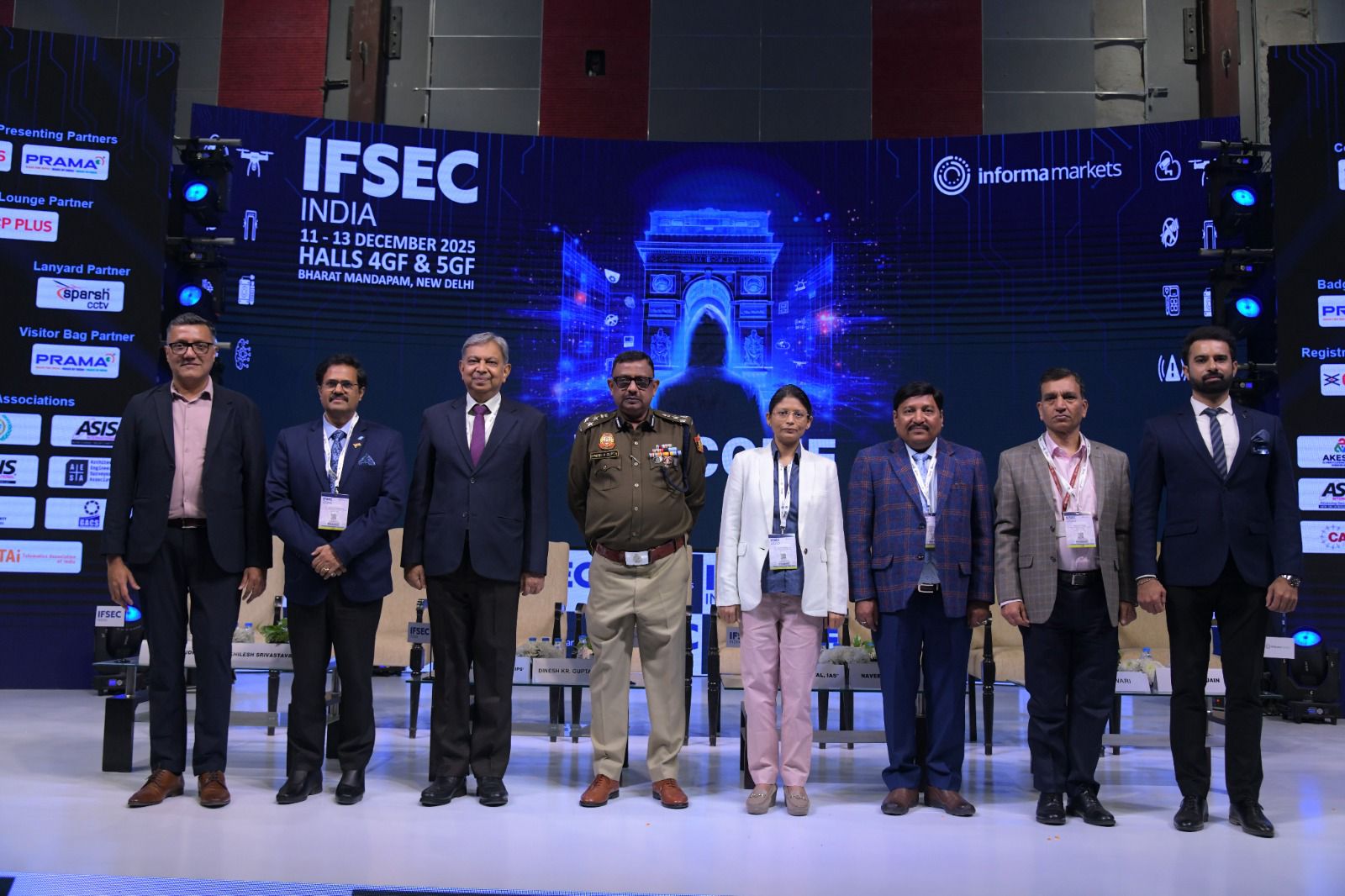

SC Orders Status Quo on Waqf Appointments, ‘Waqf by User’ Until Next Hearing
#News Bureau 17 April 2025
Waqf Amendment Case: Relief or Setback for Centre? Here’s What the Supreme Court Said, Key Arguments, and Latest Developments
In a setback for the central government, the Supreme Court on Thursday put a temporary freeze on certain provisions of the Waqf Amendment Act, barring the government from implementing those aspects until further notice.
A bench led by Chief Justice of India Sanjiv Khanna made several key observations during the hearing, stating that an interim order on the legislation would be passed after the petitioners examine the Centre’s response.
The Supreme Court on Thursday issued a significant interim order while hearing petitions challenging the constitutional validity of the Waqf Amendment Act, 2025. The court directed the central government to submit its response within seven days.
Until the next hearing, the bench ordered a freeze on new appointments to the Waqf Board and Central Waqf Council, and barred any de-notification of ‘Waqf by User’ properties.
This directive goes beyond administrative issues, raising deeper questions around religious autonomy, constitutional rights, and the broader impact on social harmony in the country.
The Supreme Court on Thursday issued a significant interim order while hearing petitions challenging the constitutional validity of the Waqf Amendment Act, 2025. The court directed the central government to submit its response within seven days.
Until the next hearing, the bench ordered a freeze on new appointments to the Waqf Board and Central Waqf Council, and barred any de-notification of ‘Waqf by User’ properties.
This directive goes beyond administrative issues, raising deeper questions around religious autonomy, constitutional rights, and the broader impact on social harmony in the country.
A three-judge bench of the Supreme Court comprising Chief Justice Sanjiv Khanna, Justice Sanjay Kumar and K.V. Vishwanathan heard the petitions on Thursday. These petitions have been filed against the Waqf Amendment Act 2025. After the hearing, the Supreme Court issued several important directions. Solicitor General Tushar Mehta assured on behalf of the Center that there will be no new appointments to the Central Waqf Council or State Waqf Boards under Sections 9 and 14 of the Act. While these sections have a provision for including non-Muslims in the board.
The court ordered that ‘Waqf by User’ properties will not be de-notified till the next hearing. The court said that there will be no change in the nature of such properties. ‘Waqf by User’ means that properties are considered to be Waqf on the basis of religious or charitable use for a long time without documentation.
Seven days’ time has been given to the Center to file a reply to the petitions and the petitioners will get five days to review the Center’s response. An interim decision will come after this. The next hearing of this case will be on May 5. The court limited the oral arguments to five petitioners.
The Waqf Amendment Act 2025 was passed by Parliament in March 2025 and approved by President Draupadi Murmu on April 5. It has many controversial provisions. One of these includes the removal of ‘Waqf by User’. This provision considers such properties as Waqf which have been in religious use for a long time without a written document. It also includes mosques and graveyards.
The provision of including non-Muslim members in the Central Waqf Council and State Waqf Boards is also controversial. There is also controversy over giving the District Collector the right to investigate the ownership of disputed Waqf properties.
Petitioners like Asaduddin Owaisi, Mahua Moitra, Manoj Kumar Jha, and Jamiat Ulema-e-Hind argue that these amendments violate Articles 14 i.e. equality, 15 i.e. prohibition of discrimination, 25 i.e. religious freedom, 26 i.e. management of religious institutions, and 300A i.e. right to property of the Constitution.
Sibal said that the inclusion of non-Muslims in the Waqf Council is a violation of Article 26, which gives religious communities the right to manage their institutions. The court raised the question whether Muslims would be included in the Hindu Religious Trust.
The petitioners say that giving the district collector the power to investigate ownership and reducing the autonomy of the Waqf boards violates the rights of the Muslim community. The petitioners say that this Act discriminates against Muslims, as there are no such restrictions on the properties of other religious communities.
The Jamiat Ulema-e-Hind called it an attack on the Constitution and a conspiracy to take away the religious freedom of Muslims.
The central government described the amendments as necessary for transparency and accountability. Solicitor General Tushar Mehta said that lakhs of complaints were received that entire villages were being declared Waqf properties. Six BJP-ruled states Haryana, Maharashtra, Madhya Pradesh, Rajasthan, Chhattisgarh, and Assam have filed petitions supporting the Act.

NewsHasghag operates a 24/7 news bureau that tracks the real-time, social media-driven stories from India and around the world, keeping you ahead of the day’s key talking points. Our digital-first approach transforms storytelling through the seamless integration of data, interactive charts, video, and audio into every narrative.









